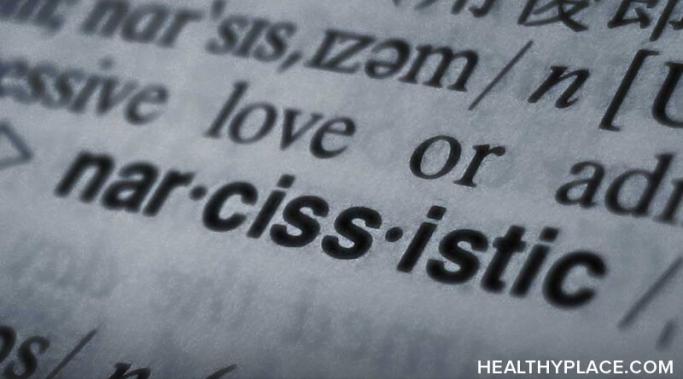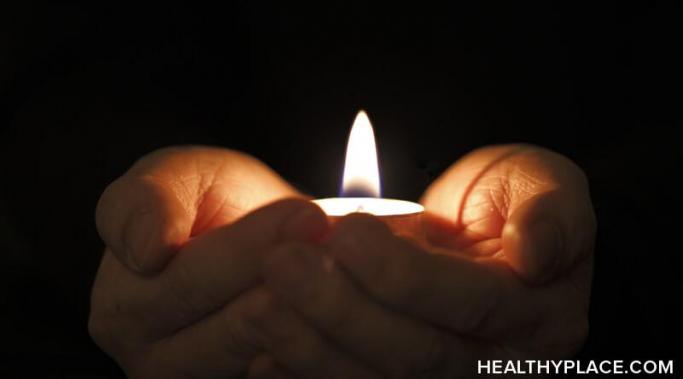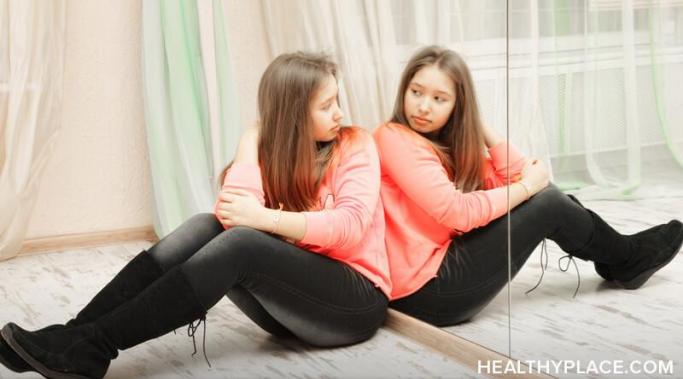Dating can be hard for everyone, and signs of unhealthy relationships can be difficult to spot. Here are some early tell-tale signs that the relationship is unhealthy--also known as "It's complicated."
Healing After Abuse
New years are filled with new intentions, resolutions, changes, and goals, but 2020 is a little different. This year is a new decade, and it's time to sit down with yourself and set some new intentions with your fresh decade energy and address your verbal abuse experiences.
Abusive relationships cause us to lose our relationship with ourselves. But we often find plenty of reasons for staying in a verbally abusive relationship; life circumstances, emotional investment and the absence of physical abuse are some reasons I stayed. Here's how I learned when it was time to make the break in the relationship and how I chose to start a new, healthy relationship with myself.
Sexual verbal abuse can have a lasting impact on your relationship. When verbal abuse occurs in a mostly healthy relationship, it can be hard to catch. This can be especially true when it interferes with your sexual experiences with your partner--sex is supposed to connect you, to be positive, and create unique trust between partners, and when verbal abuse finds its way into sex, it can be difficult to heal from.
How does narcissism play into verbal abuse? Let's explore the answers to that question.
Happiness after verbal abuse is possible, although every version of verbal abuse is different (including variations of personality, perception and how severe the verbal abuse was). While I strongly believe in the power to rebuild yourself after a verbally abusive relationship and most of my blog articles focus on this aspect, there's one important step that should not be overlooked, and that's the phase of letting yourself be hurt. Happiness after verbal abuse is possible if you endure this step of the process.
Self-esteem takes a hit when you live with verbal abuse, but you can do something about it. Here's how you can rebuild your self-esteem after verbal abuse.
Losing a loved one to suicide is an emotional journey that no one anticipates or knows how to react to. As a personal supporter of National Suicide Prevention Month, I wanted to share some of my valuable lessons and stories that taught me how to combat the natural urge to inflict verbal abuse on yourself and to avoid blaming yourself after the death of a loved one by suicide. (Note: This post contains a trigger warning.)
It can be hard to tell when you're in a relationship: Is it verbal abuse or something else? Over time, every relationship develops a unique dialogue that you share with your partner--a communication style you both understand. But what happens when verbal abuse gets mixed into that dialogue? Is it a unique love language or is it verbal abuse? This was a struggle I faced in many forms over the course of one of my longest relationships.
Covert verbal abuse is a type of verbal abuse which can come in many forms and at many speeds. But at any rate, it can be detrimental to your self-esteem both during that relationship and as you live your life even after the abuse has stopped. Covert verbal abuse can have lasting effects that are just as impactful to your psyche as severe verbal abuse. It was really hard for me to identify this as the root behind a lot of my problems with confidence afterward.









